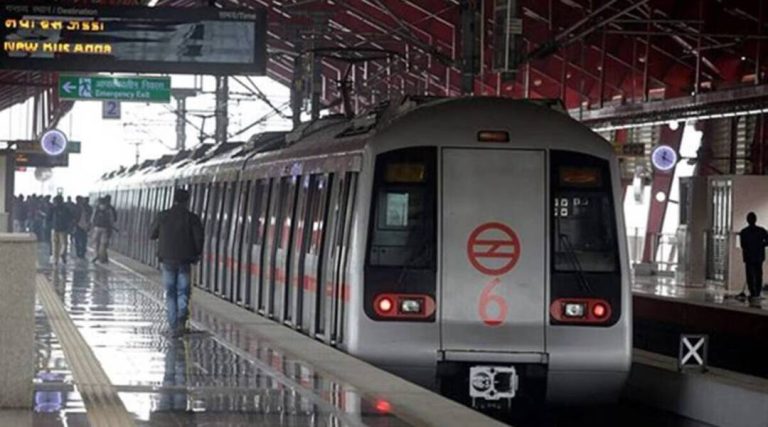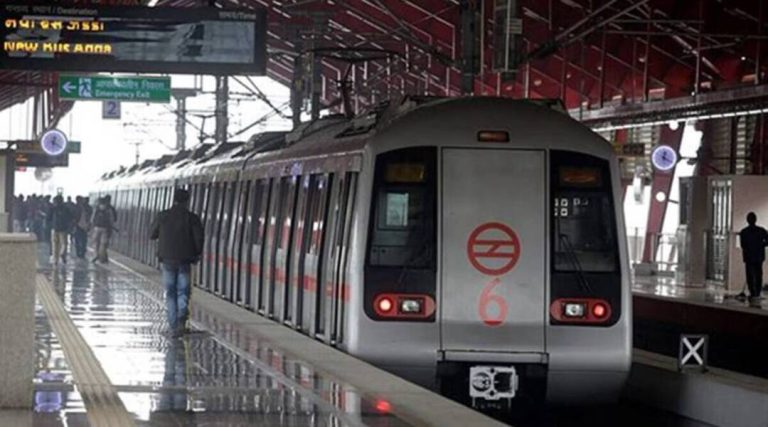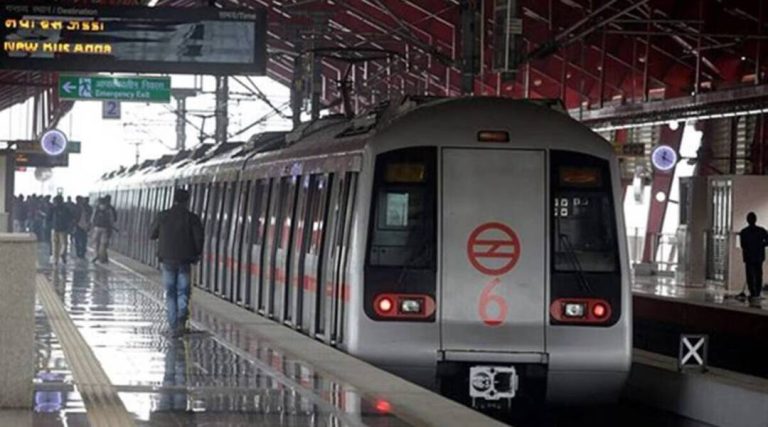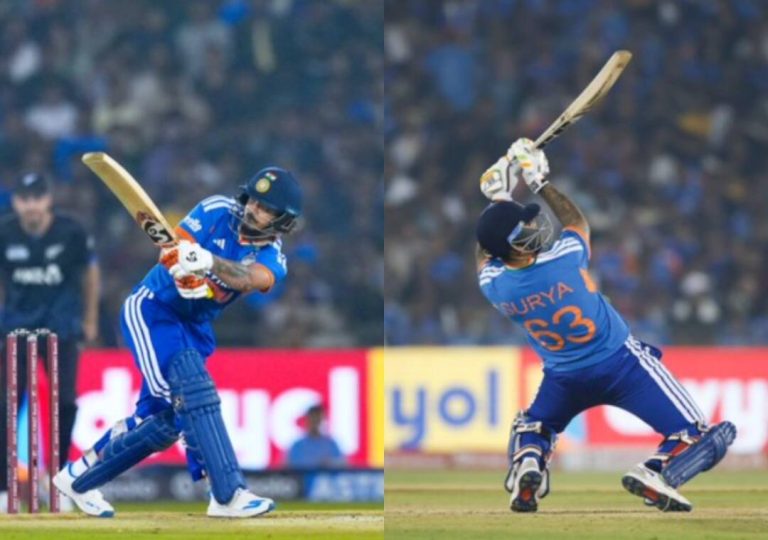
Passing ‘bulldozer order’ was my most important one: CJI Gavai
As the tenure of Chief Justice of India (CJI) BR Gavai comes to an end, he has reflected on his time in office and identified one judgement that stands out to him as his most important. In a recent statement, CJI Gavai revealed that his judgement against “bulldozer justice” was the most significant one he has delivered during his time as the head of the Indian judiciary. This statement is particularly noteworthy, given the controversy surrounding the practice of demolishing homes of individuals accused or convicted of crimes, often without due process or fair trial.
CJI Gavai’s comments were made in reference to his judgement in a case where a person’s house was demolished by the authorities simply because the individual was accused of a crime. The Chief Justice expressed his astonishment at the arbitrary nature of such actions, questioning how a house can be demolished just because a person is accused of a crime or convicted of it. This statement highlights the importance of upholding the principles of justice and due process, even in the face of public pressure or political expediency.
The practice of “bulldozer justice” has been a topic of debate in India, with many arguing that it is a form of collective punishment that violates the rights of innocent family members and dependents of the accused. The demolition of homes can leave families without a roof over their heads, exacerbating their suffering and trauma. Furthermore, such actions can also be seen as a form of extrajudicial punishment, undermining the rule of law and the authority of the judiciary.
CJI Gavai’s judgement in this case is a significant milestone in the struggle against “bulldozer justice” and the protection of human rights in India. By speaking out against this practice, the Chief Justice has sent a strong message to the authorities that such actions will not be tolerated and that the judiciary will uphold the principles of justice and due process.
As CJI Gavai prepares to retire on November 23, his legacy will be remembered for his commitment to upholding the rule of law and protecting the rights of citizens. His judgement against “bulldozer justice” will be seen as a landmark decision that has helped to shape the discourse on human rights and the role of the judiciary in India.
CJI-designate Justice Surya Kant will succeed Justice Gavai on November 24, and it will be interesting to see how he approaches this issue and other challenges facing the Indian judiciary. As the new Chief Justice, Justice Kant will have the opportunity to build on the foundations laid by his predecessor and take the judiciary forward in its mission to uphold justice and protect the rights of citizens.
In conclusion, CJI Gavai’s judgement against “bulldozer justice” is a significant milestone in the history of the Indian judiciary. By speaking out against this practice, the Chief Justice has sent a strong message to the authorities that such actions will not be tolerated and that the judiciary will uphold the principles of justice and due process. As the country looks to the future, it is essential that the judiciary continues to play a vital role in protecting the rights of citizens and upholding the rule of law.
The retirement of CJI Gavai marks the end of an era, but it also presents an opportunity for the new Chief Justice to build on the foundations laid by his predecessor. As the Indian judiciary continues to evolve and grow, it is essential that it remains committed to upholding the principles of justice and due process. The judgement against “bulldozer justice” will be remembered as a landmark decision that has helped to shape the discourse on human rights and the role of the judiciary in India.
The Indian judiciary has a long history of protecting the rights of citizens and upholding the rule of law. From the early days of independence to the present day, the judiciary has played a vital role in shaping the country’s legal landscape. The judgement against “bulldozer justice” is just one example of the many significant decisions that have been made by the Indian judiciary over the years.
As the country looks to the future, it is essential that the judiciary continues to play a vital role in protecting the rights of citizens and upholding the rule of law. The new Chief Justice, Justice Surya Kant, will have the opportunity to build on the foundations laid by his predecessor and take the judiciary forward in its mission to uphold justice and protect the rights of citizens.
In the end, the judgement against “bulldozer justice” will be remembered as a significant milestone in the history of the Indian judiciary. It is a testament to the commitment of the judiciary to upholding the principles of justice and due process, and it will continue to inspire future generations of judges and lawyers.
News Source: https://www.newsbytesapp.com/news/india/order-against-bulldozer-justice-was-my-most-important-cji-gavai/story






